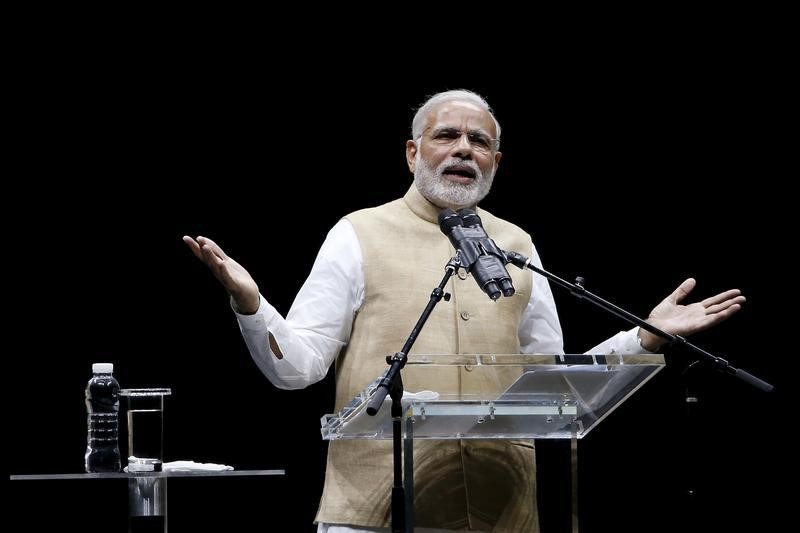By Aditya Kalra
NEW DELHI (Reuters) - India's top court on Friday struck down a law giving Prime Minister Narendra Modi's government a bigger say in the appointment of top judges, calling the new system harmful to judicial independence in the world's largest democracy.
India's Supreme Court has a history of judicial activism that can prove disconcerting for governments, who say courts often exceed their powers in announcing decisions.
The Supreme Court took the previous administration to task over issues such as corruption and human rights, for instance.
A new system introduced by Modi's government last year included the federal law minister on a panel that appoints senior judges. The old system had vested those powers in a group of India's top judges.
"The court said it (the panel) will obstruct judicial independence that is the backbone of the constitution," said Prashant Bhushan, one of the lawyers who challenged the new law.
Modi faced accusations of interfering with the judiciary after coming to power last year, when a candidate for a Supreme Court appointment accused the government of running a campaign to block it.
Critics say the government should have no role in selecting judges and the new panel could lead to politicization of appointments, but the government says the old system needed to be revamped as it was not transparent.
Communications Minister Ravi Shankar Prasad defended the government's action, saying several of India's law commissions, charged with considering legal reform, had recommended changes to the old system, which had also worried some top judges.
"There was complete political unanimity," Prasad, a former law minister, said on Friday, adding that the new panel had been formed after "deep consideration" over 20 years.
Some lawyers, however, say both the old and new systems of appointing judges are not ideal.
"A system of judges appointing themselves is imperfect," said Karuna Nundy, a Supreme Court lawyer, who does not back the new system because she fears it gives the government the power to influence decisions.

"Let's not forget that the government of India is the largest litigant before the courts," she said.